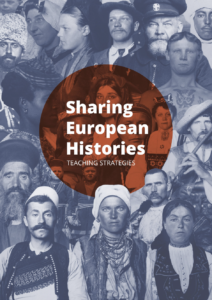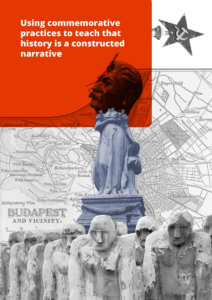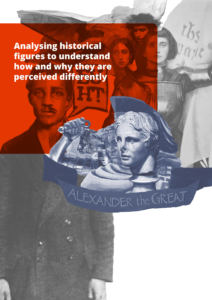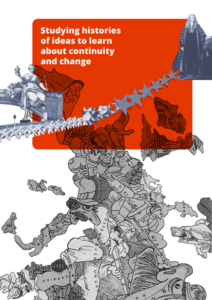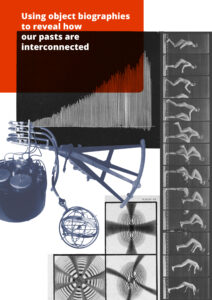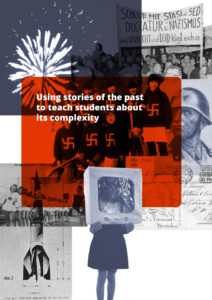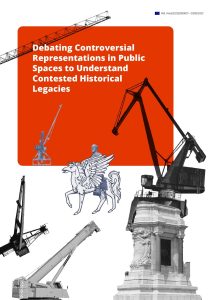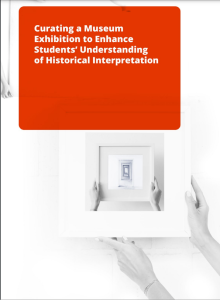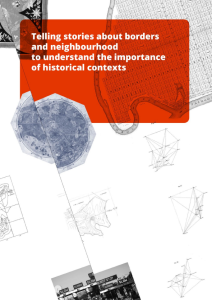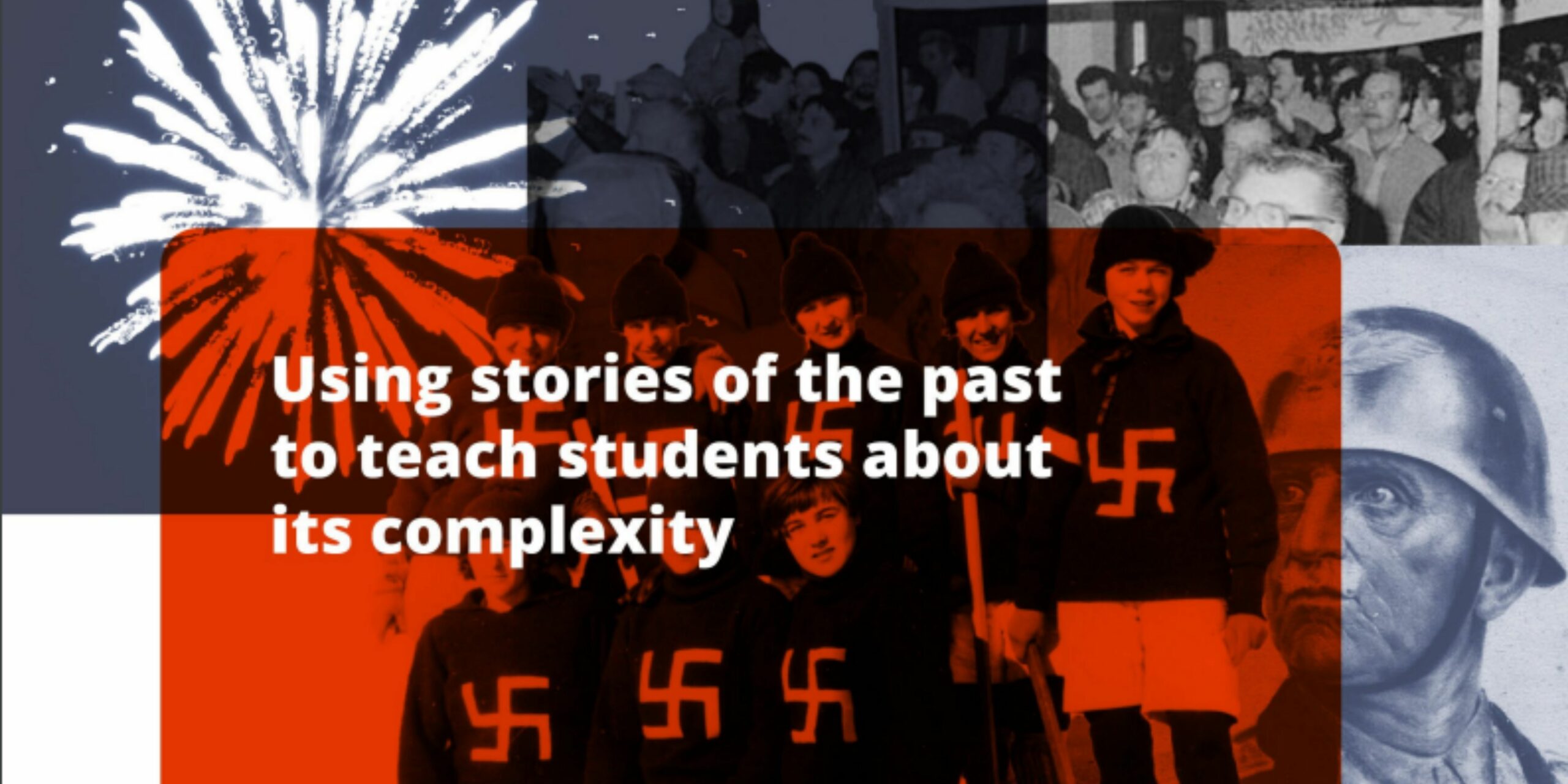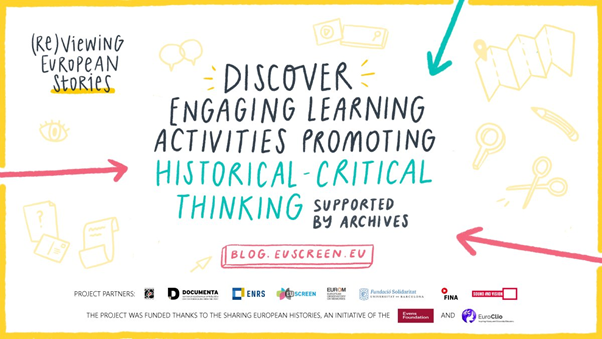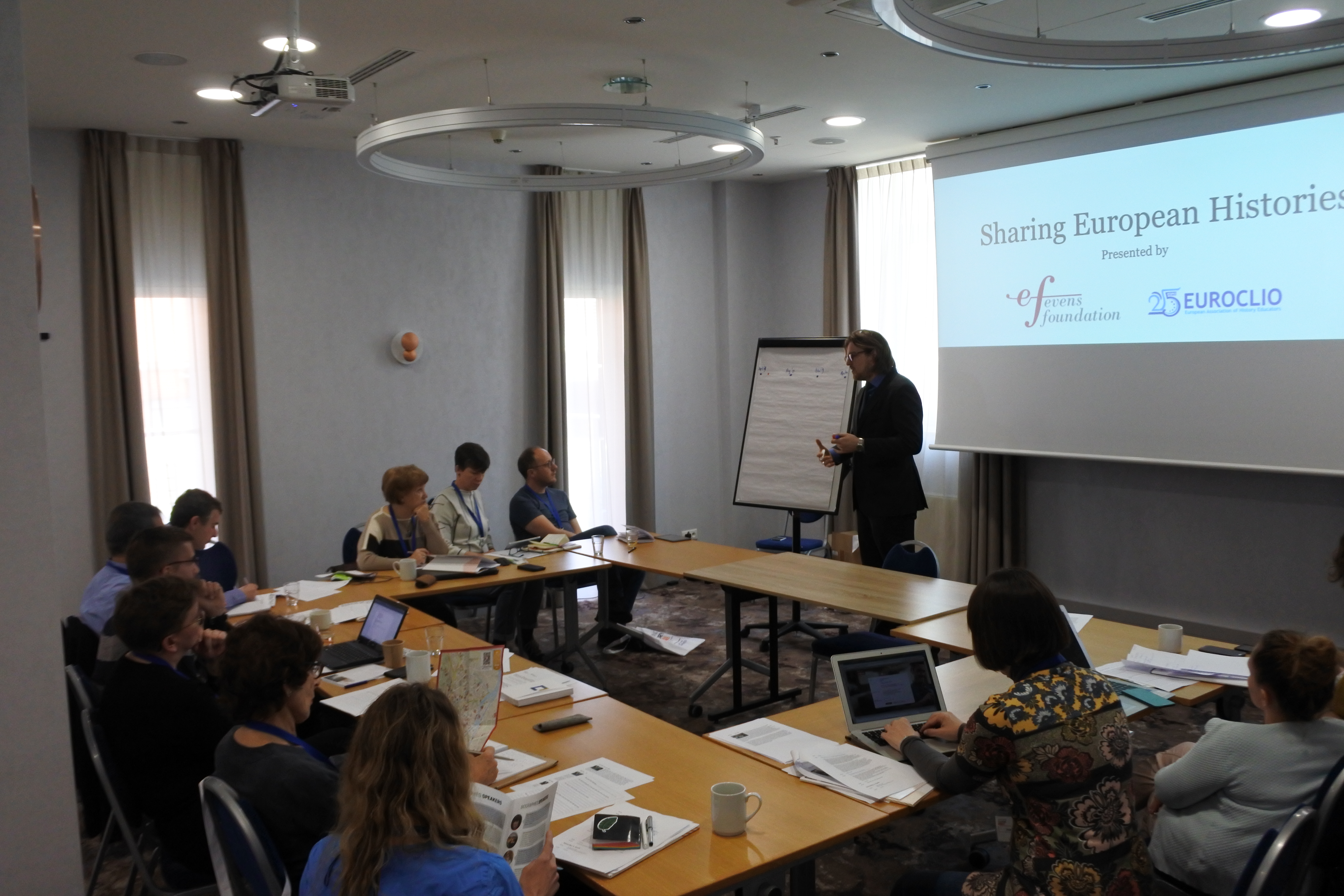About the project
The past is often a source of conflicting interpretations rather than easy consensus. Still, historical identity is central to relations between states and people in the here and now. In our diverse European society, we cannot escape history when seeking to understand the present in our search for a common future.
Understanding European history, like other histories, involves a continuous process of construction and deconstruction, writing, and rewriting. At the same time, as the history of the European continent is marked by the constant movement of cultures and populations, diving into it might well offer insights into how people in Europe interacted and lived together in the past.
We believe that opening up a space to engage with the dissonant and often conflictual nature of European history is the first step in discovering common positions or overcoming divisions while acknowledging existing differences. European histories are often seen as dividing the continent. With this project, a call for innovative ideas and projects should contribute to the understanding of young people regarding the complexity and multiplicity of European histories, and therefore better understand the continent itself.
Donor & Partner
The project has been implemented with the support of the Evens Foundation.
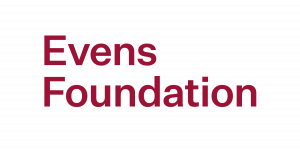
Strategies
Our teaching strategies, which can be downloaded individually or in full, can be viewed by clicking on the image icons below. These strategies are intended to be used in the classroom and in professional development workshops. Please feel free to visit our resources page with translations of the publication into; English, German, Greek, Polish, Portuguese, Serbian, Spanish, Turkish, and Ukrainian. Translations into Albanian, Armenian, Italian, Romanian and Spanish are soon to be available.
Project Aims
- Enable individuals and organisations to draft and realize their own ideas on innovative ways to deal with the teaching of European history.
- Disseminate innovative resources that help young people to understand the complexity and multiplicity of European history.
- Develop accessible finalized materials that can be easily adapted to any teacher’s/trainer’s curriculum.
Team Members
Project Managers:
- Eugenie Khatschatrian, Project Manager EuroClio
- Steven Stegers, Executive Director EuroClio

